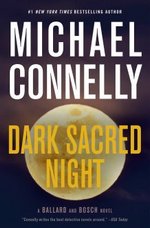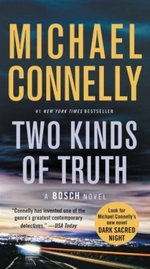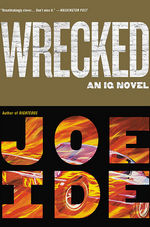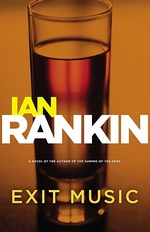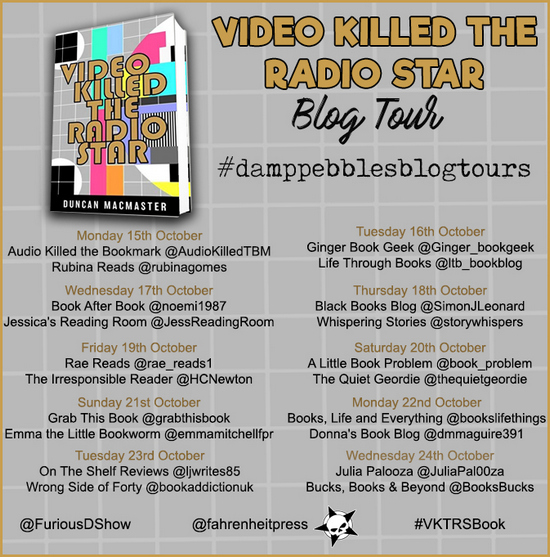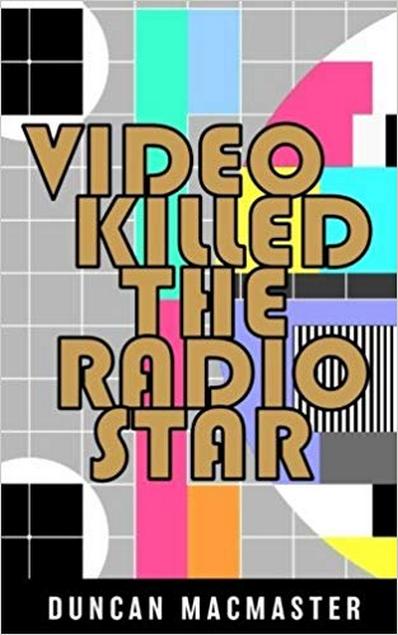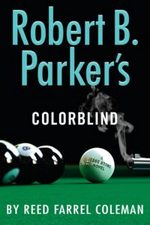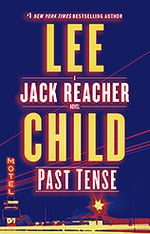 Past Tense
Past Tense
by Lee Child
Series: Jack Reacher, #23
Hardcover, 382 pg.
Delacorte Press, 2018
Read: December 6 – 7, 2018
 Shorty and Patty are a young couple from a rural Canadian community on their way to New York City to sell off some beloved possessions in order to make enough money to go to Florida and start their lives. Which sounds like a great idea (assuming they’re not ripped off in NYC) — if only they’d ever done basic maintenance on the car they’re driving. They end up breaking down outside a small town in New Hampshire, nowhere near a decent city.
Shorty and Patty are a young couple from a rural Canadian community on their way to New York City to sell off some beloved possessions in order to make enough money to go to Florida and start their lives. Which sounds like a great idea (assuming they’re not ripped off in NYC) — if only they’d ever done basic maintenance on the car they’re driving. They end up breaking down outside a small town in New Hampshire, nowhere near a decent city.
The owners of a newly refurbished hotel outside town take pity on them and rent them a room for a little cheaper than they should and offer to help with getting their car going again — they even invite them to dinner their first night with them. Yes, I said first night — home repairs aren’t doing the job, so they have to call a tow truck/mechanic to fix the car — which is going to pretty much wipe the couple out. But what choice do they have?
Still, something doesn’t seem right about the whole thing. Shorty’s a trusting guy and rolls with everything that happens, but Patty smells something. She thinks a lot — incidentally, she thinks a lot like Reacher. Which is annoying when you’re reading a book starring Reacher that you get a clone. But it’s good for her and Shorty and just might end up saving their lives. It’d be better for the both of them if she had any of Reacher’s skills other than his ability to analyze a situation, but, I guess you take what you can get.
Meanwhile, Jack Reacher comes into the same town those two are stranded outside of. He was passing near by and on a lark decides to stop in Laconia, his father’s birthplace. He’s never met anyone from that side of the family, and his father said almost nothing about his childhood experiences there. So Reacher’s a bit curious about the town — he doesn’t even know if there might be a cousin or three around. It turns out that finding anything about his family is almost impossible in the official records — and there’s a decent chance that there’s no one around who knows anything about them that’s not in the official records.
While that’s going on, in the middle of the night Reacher encounters an attempted sexual assault and, ahem, dissuades the attacker. This attacker doesn’t press charges or anything, but it turns out that he’s connected to a significant crime family in the Northeast. Reacher is informed about this and is encouraged to leave town soon by a former MP turned local law enforcement officer that he’s become acquainted with. Reacher doesn’t like to be told what to do — by anyone — and there’s something about his father’s past that has him more curious than he’s been before and wants to track that down.
These two stories run independently of each other, while happening very near each other. Reacher does come to the hotel and asks a couple of questions about his quest about the same time that Patty’s getting suspicious, but the two don’t cross paths.
Now, I didn’t right down the page number when Reacher’s story intersects with Shorty’s and Patty’s — but I do know that it hadn’t happened by page 245 (of 382). Which is pretty astounding, and is definitely a new way to bring Reacher into the main events of a novel. I doubt it’s a trick Child can pull off again, but I’d like to see him try. If he doesn’t show up, bad things will happen — and will likely continue to happen — but it’s hard to say just how bad it’d all be. But Reacher does show up, and he does his usual thing, and many more people live than otherwise would have. Which isn’t to suggest that no one dies after he shows up, it’s just that most of them aren’t the people that seemed likely to die 30 pages earlier.
There’s little violence until the end of the book (there’s Reacher’s dissuasion, and two other minor — by Reacher’s standards — fights), but once the fighting starts, it doesn’t stop until there’s a whole lot of violence and bloodshed. Tension and unease that’s been mounting slowly over the whole book, are unleashed – and most of the last twenty percent (or so, I’m just guessing) of the novel is as violent and action-packed as you could hope for. Once that switch is flipped, it’s on.
This wasn’t my favorite Reacher novel — by far — but it was a really engrossing read. I enjoyed it — and really think if Jack Reacher hadn’t been the fly in the ointment for the people trying to manipulate and hurt Shorty and Patty, I think I’d have enjoyed this much more. But I expect more from Lee Child than I do other writers, and this time, I just don’t think he pulled it off. I’m willing to bet he does better next year, and I’ll content myself with that hope.
—–






